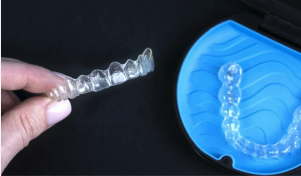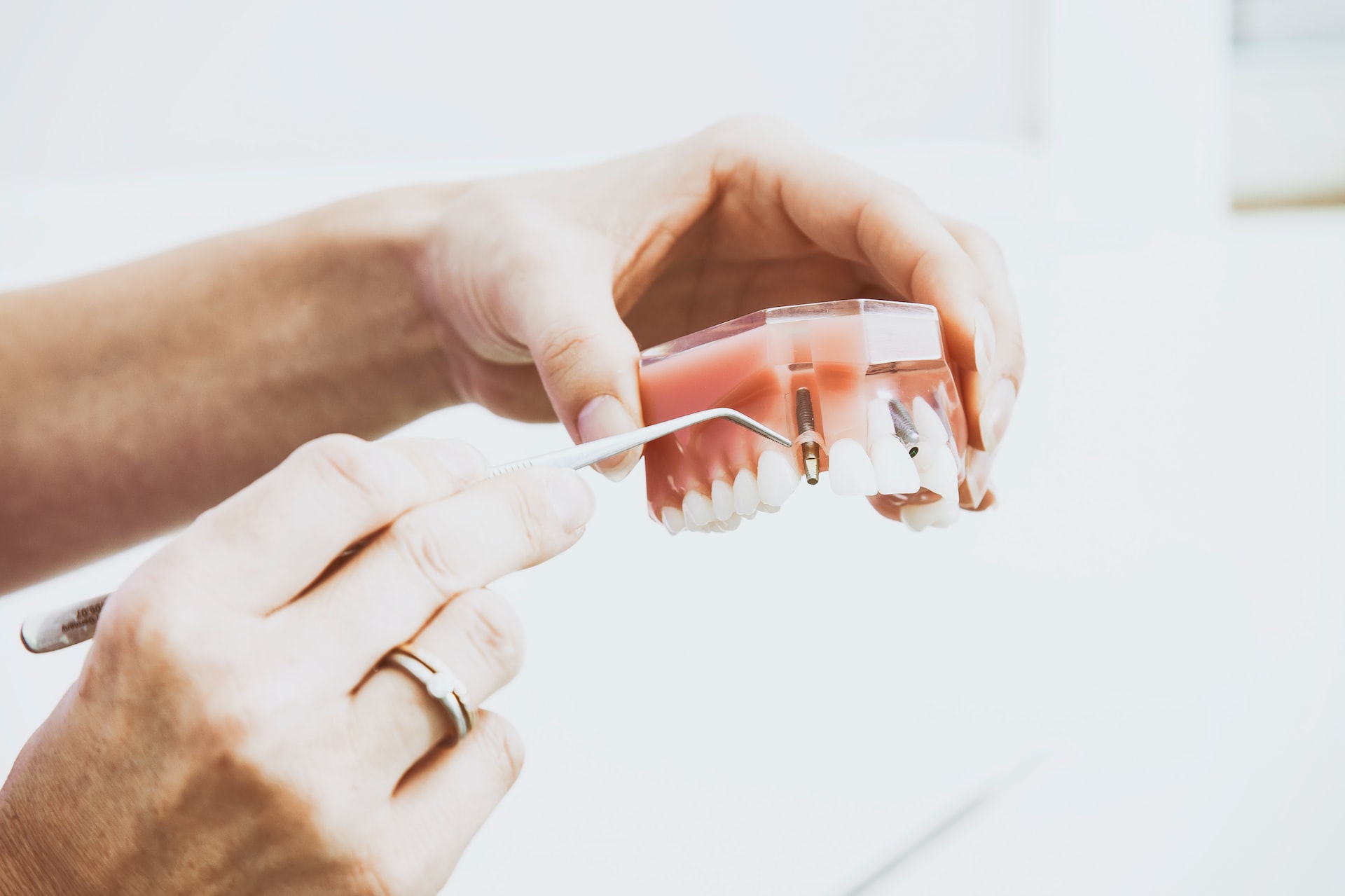Dental implants are a popular solution for replacing missing teeth, giving you a healthier, more confident smile. But what if you have receding gums? Does that rule out dental implants for you?
While it is true that receding gums can make dental implant procedures more complicated, an experienced and fully qualified cosmetic dentist should still be able to offer this treatment.
Find out more about dental implants and why you need to find the best cosmetic dentist to carry out the procedure…
What are dental implants, and how do they work?
Dental implants act as replacement teeth, providing a natural-looking and permanent solution for damaged or missing teeth. Dental implants effectively fill in the blanks and restore your smile to its former glory. Whether you need a single tooth replacement or a full arch, dental implants provide a long-lasting solution that can rekindle your confidence and restore your love of eating.
Your dentist will carry out an initial consultation to decide if you are a suitable candidate for dental implants. After this, the first step is to insert a small titanium implant into your jawbone. Once the bone and implants have fully fused, a custom, colour-matched porcelain crown is then fitted to complete the treatment.
What are receding gums?
Receding gums, or gum recession, is when the gum tissue around the teeth gradually wears away. More often than not, this leads to more of the tooth or the root of the tooth becoming exposed. The gap between the teeth and the gum line can result in a build-up of harmful bacteria. If left untreated, this can damage the tissue and bone that supports your teeth and ultimately lead to tooth loss.
How do I know if I have receding gums?
Gum recession is more common than you think. Because it’s a gradual process, most people don’t notice an issue until the gum recession is very advanced. Some warning signs of receding gums to look out for are:
- Tooth Sensitivity
- Teeth that appear longer than normal
- Bleeding or inflamed gums
- A bad taste in your mouth
- Gaps between teeth and gums
Due to the underlying damage receding gums can cause, it is important not to ignore the signs of gum recession. If you suspect your gums might be receding, book an appointment to see your dentist as soon as possible. They can offer treatments to stop your gums from receding further – and in more severe cases, they may offer soft tissue augmentation, which is essentially a gum graft to build your gum line back up.
What causes receding gums?
There are various causes of receding gums. The most common is gum disease (periodontitis), where harmful bacteria in plaque destroy the gum tissue and supporting bone.
Aggressive toothbrushing can also cause receding gums. Brushing your teeth incorrectly or too hard can wreak havoc on your gums.
Poor oral hygiene, smoking and grinding teeth can also contribute to gum recession. Unfortunately, some people are genetically more predisposed to gum disease, no matter how carefully they carry out their brushing and flossing routine.
Can you still get dental implants with receding gums?
Yes, you can. But it may not be as straightforward. Whether you can still get dental implants or not will depend on the severity of your case.
If you have severe gum disease, for example, it will need to be treated before you can consider getting implants. Your dentist will also need to make some examinations, including X-rays, to gauge if you have suffered any bone loss from your jaw. If this is the case, a bone graft procedure can help to restore the lost bone, creating a stable base for a dental implant.
Are there any risks in getting dental implants with receding gums?
The main risk of getting dental implants with receding gums is that your implant could fail, leaving you out of pocket and back at square one. However, your dentist will not recommend proceeding with dental implants unless they are absolutely certain that you are a good candidate for treatment and that nothing will hinder your recovery or the likelihood of your dental implants succeeding – including receding gums.
How do I care for my dental implants if I suffer from receding gums?
Even after you have had dental implants placed, there is still a chance that your gums could recede. Maintaining a solid hygiene routine, including brushing and flossing your teeth daily, is the best way to stave off gum recession. By keeping your teeth and gums healthy at home, visiting your dentist regularly and getting your teeth professionally cleaned every six months, you can keep your dental implants and gums in the best condition possible.
Are there any alternatives if I’m not a good candidate for dental implants?
Yes – you can get a dental bridge, which replaces the missing tooth using the surrounding healthy teeth for support. Two crowns are placed on the teeth either side of the gap, and a replacement tooth sits in the middle to fill the hole. Bridges are usually made from porcelain and can be colour-matched to your surrounding teeth.
Get advice and support at Ollie & Darsh
Receding gums are a common issue that is easily treated with the help of a good oral hygiene routine and regular visits to your hygienist and dentist. However, if left untreated, gum recession can cause bigger underlying problems, such as loss of gum tissue and jawbone density.
These issues can make getting dental implants more complicated. The good news is that, even with receding gums, it can still be possible to get dental implants. Depending on the severity of your case, treatments can range from addressing the early stages of gum disease to performing a bone graft if bone loss has occurred.
If you have receding gums and want dental implants, you can book a free consultation with one of our dentists at Ollie & Darsh. We can assess whether you are a good candidate for dental implants and suggest any treatments for your receding gums if necessary. Even if you are not a suitable candidate for dental implants, we can provide alternative options to help restore both your smile and your confidence.
If you are interested in our dental implant treatments, please contact us on 0151 236 6578 or book online.

